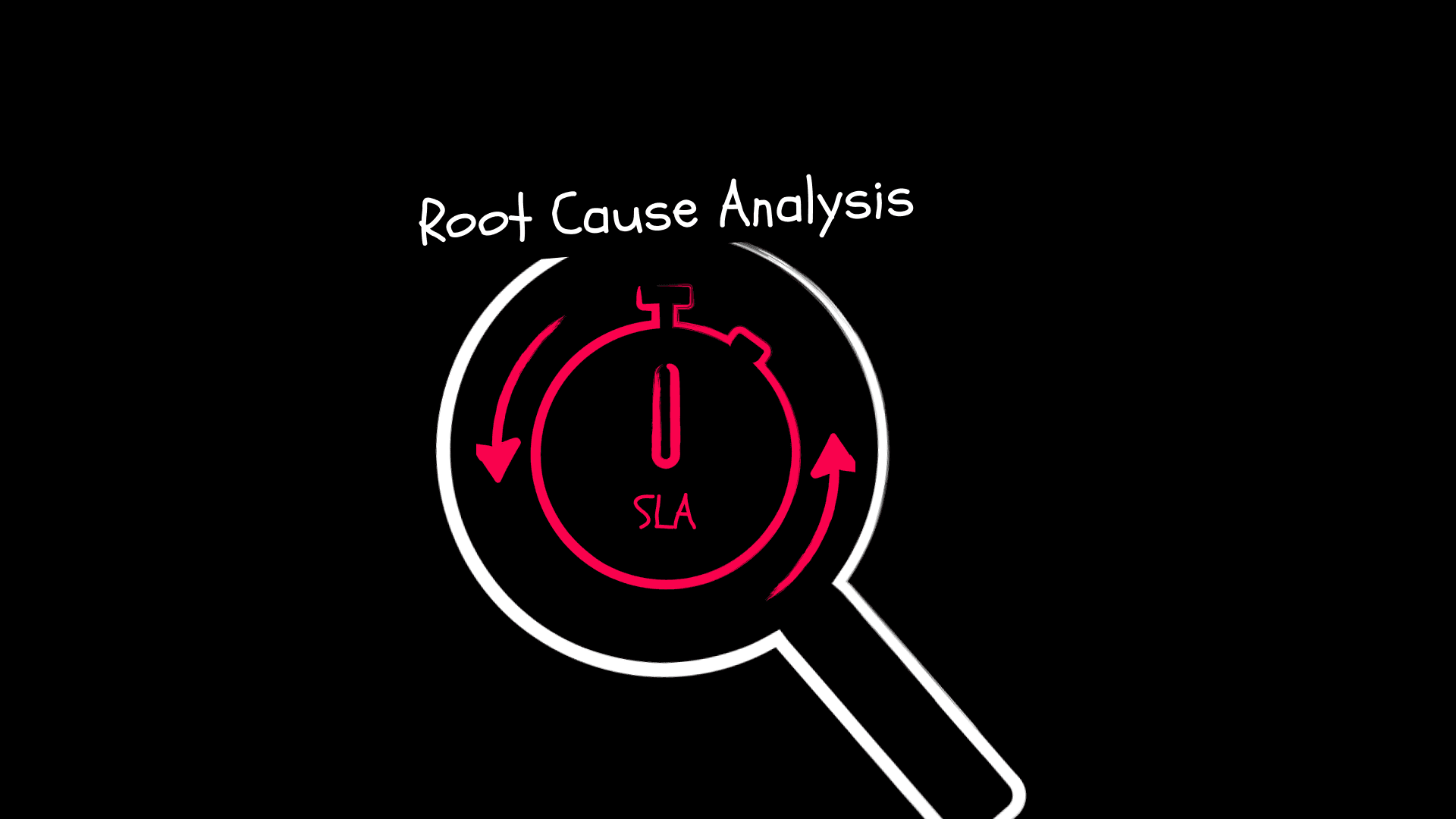5 Reasons Root Cause Analysis Takes So Long
Discover the top 5 reasons Root Cause Analysis takes too long and how AI-powered tools can transform RCA, cutting downtime and boosting reliability

Spiros Economakis
Founder & CEO

Discover the top 5 reasons Root Cause Analysis takes too long and how AI-powered tools can transform RCA, cutting downtime and boosting reliability

Spiros Economakis
Founder & CEO

When it comes to incident response, SREs with years of experience know one truth: speed matters. The faster a root cause is identified, the sooner systems can recover, reducing downtime and stakeholder impact. Root Cause Analysis (RCA) isn’t just a technical process; it’s the backbone of resilient systems and user trust.
But RCA is rarely straightforward. As SREs are navigating countless production incidents and firefights, we’ve all noticed how easily delays creep in. Whether it's sifting through fragmented dashboards, fighting with noisy alerts, or coordinating across silos, these challenges turn even well-oiled teams into bottlenecks.
This post distills five hard-learned lessons on why Root Cause Analysis takes too long, along with actionable advice honed from years of running production systems at scale. If you’re an SRE, DevOps engineer, or incident management lead, this is your playbook for cutting RCA timelines and improving system reliability.
Why it happens: Seasoned SREs know the "dashboard shuffle" all too well. In the middle of an incident, engineers waste precious time toggling between tools—Grafana for metrics, Splunk for logs, New Relic for APM data—all while trying to piece together a coherent picture.
What experts do:
Why it happens: Logs, metrics, and traces often lack metadata to tie them back to the broader context. Without this, engineers spend time correlating events manually—a painful exercise during high-stake incidents.
What experts do:
Why it happens: RCA becomes a bottleneck when data is spread across multiple tools owned by different teams. Lack of shared playbooks or aligned processes makes coordination chaotic, further delaying resolution.
What experts do:
Why it happens: Years of experience teach you that more alerts don’t equal better alerts. Many teams suffer from noisy, redundant alerts that obscure the critical signals during incidents.
What experts do:
Why it happens: Teams new to production incidents often see RCA as a reactive task—only focusing on it post-incident. This mindset delays systemic improvements and increases the risk of repeated failures.
What experts do:
As the arsenal of AI technologies is maturing, providing inference, causality, expert system decisioning and language capabilities (LLM), we believe that technology will soon disrupt the existing incumbent solutions, at the time that matters: during an incident! Dashboards / kpis / logs residing into the observability stack will become less relevant as AI systems will perform the root cause analysis and take remediation steps moments after an incident has occurred.
Don’t take me wrong; observability tooling will still be at play - and they won’t become obsolete, as they will provide the wealth of insights and signals for identifying and squashing bugs, removing performance bottlenecks and aggregate usage, logs and other valuable metadata.
Get a first glimpse into how NOFire AI can already today substantially accelerate RCA and therefore your production reliability.
90% faster root cause. 30% fewer incidents.
Zero surprise outages.